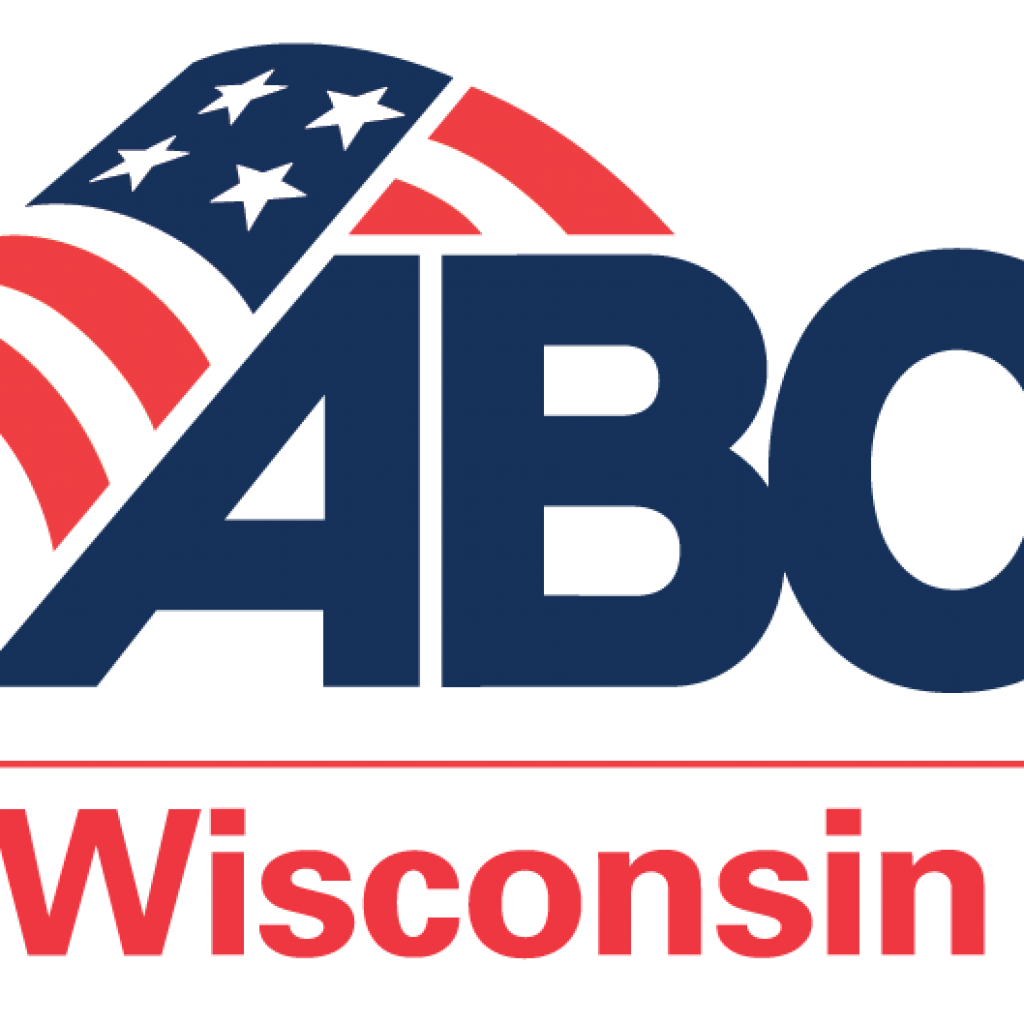By U.S. Rep. Scott Fitzgerald (R)
In a regulatory development set to drasti-cally change the environment for small businesses in America, the National Labor Relations Board (NLRB) will implement a new rule on February 26, 2024, that gives unions and workers the authority to attribute alleged labor violations to multiple employers, even in the absence of direct workforce control.
In stark opposition to the current framework, the rule extends the ‘joint employer’ definition to include businesses with indirect control over employment terms and conditions. This implies that a business may be held responsible for labor violations committed by its contractors, franchisees, or affiliated entities. To ensure future prosperity for workers and business owners, this harmful rule must be withdrawn or overturned.

To ensure future prosperity for workers and business owners, this harmful rule must be withdrawn or overturned.
For small businesses, particularly those en-gaged in franchising, contracting, or complex supply chains, the NLRB’s forthcoming rule also likely introduces legal difficulties. Small businesses may find themselves held ac-countable for the labor practices of unrelated employers, such as a franchisee facing legal actions for the actions of the franchisor or a contractor involved in labor disputes with a subcontractor. This monumental shift exposes small businesses to potential litigation, regulatory challenges, and the prospect of increased unionization, amplifying the costs associated with conducting business.
Beyond legal ramifications, the NLRB’s decision poses additional consequences for the employment landscape. Workers may lose flexibility enjoyed in independent contractor or franchise arrangements. Higher taxes, fees, and paycheck deductions may loom on the horizon, and the classification as joint em-ployees may eliminate their ability to negotiate directly with their primary employer, as unions step in to advocate on their behalf. The absence of a legal or economic foundation in the NLRB’s new rule speaks volumes. It contradicts the common law definition of an employer, which traditionally requires actual control over the workforce, rather than indirect influence. The rule also does not align with the realities of the modern economy, which relies on broad and dynamic business relationships to foster innovation and value creation. In essence, the rule has the potential to impede entrepreneurship, stifle competition, and slow growth, impacting both small businesses and workers.
One thing is clear: if the NLRB fails to change its approach in favor of implementing standards that support America’s small businesses, Congress must act to enact legislation that protects small businesses from the adverse effects of this regulatory shift. H.J. Res. 98, of which I am proud to be an original cosponsor, would do just that. This joint resolution, which would nullify the NLRB’s new rule and reinstate a traditional joint employer standard, was reported favorably out of the Education and Workforce Committee on December 12, 2023. It now awaits further consideration on the House floor. In addition, I joined more than sixty of my colleagues in Congress, including U.S. Sen. Ron Johnson (R), in sending a letter to NLRB Chairwoman Lauren McFerran urging the board not to move forward with its proposed rule.
Small businesses are the driving forceof the American economy and deserve a measured and fair regulatory environment. Congress should act decisively and pass H.J. Res 98 to protect the rights and interests of small businesses and workers nationwide. I will work with my colleagues to ensure urgent action is taken to stop the potential harm to the economic vitality of our nation.












